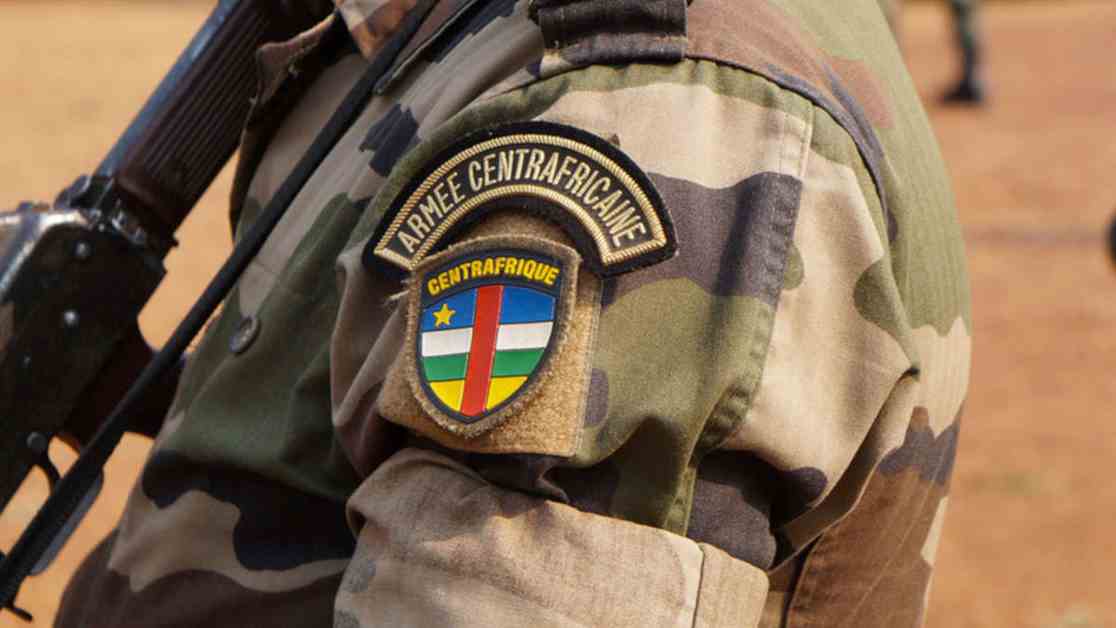In Bangui, the capital of the Central African Republic, the gendarmerie arrested two French-Algerian dual citizens early on Monday, June 10. The exact reasons for their detention remain unknown, but a search of their residence revealed automatic weapons, ammunition, grenades, and military equipment. This intervention comes in a tense context between France and the Central African Republic, two months after a significant meeting between the presidents of the two nations aimed at strengthening their bilateral cooperation.
Renewal of Franco-Central African relations
On April 17, during a meeting at the Élysée, Presidents Emmanuel Macron and Faustin-Archange Touadéra established a roadmap for a constructive partnership to refresh the relations between France and the Central African Republic. This initiative follows years of tensions heightened by the increasing presence of Russian mercenaries from the Wagner group in the Central African Republic, a significant point of contention between Paris and Bangui. The two leaders emphasized the importance of a renewed relationship marked by mutual respect and strategic collaboration.
Mysterious arrests amidst bilateral tensions
The individuals arrested are in their forties, known for their activities in the mining sector and holding residence cards in Dubai. Local sources describe them as mercenaries, although this claim remains controversial. The prevailing hypothesis suggests rather an involvement in shady affairs related to their economic activities, possibly in connection with high-ranking political figures.
These arrests raise questions about the timing and potential impact on the recent Franco-Central African agreement. The two men, although known to the French consular services since 2017, were not actively monitored by the embassy, adding a layer of mystery to the case.
Perspectives and regional implications
These events could potentially complicate the Franco-Central African roadmap, especially if the individuals are found to be linked to controversial French interests. It could also influence the power dynamics in the Central African Republic, where the struggle for control of mineral resources is fierce and the presence of foreign armed groups is a constant.
The reaction of the French embassy to these arrests will be crucial. It will have to navigate between maintaining the appearance of renewed cooperation and managing the consequences of these arrests on French nationals abroad. The Central African government, on its part, must also clarify its position towards France, in a context where the country seeks to assert its independence while managing competing foreign influences.
This incident highlights the complex challenges of diplomacy and foreign affairs in Central Africa, revealing how seemingly isolated incidents can have repercussions on large-scale international agreements.








